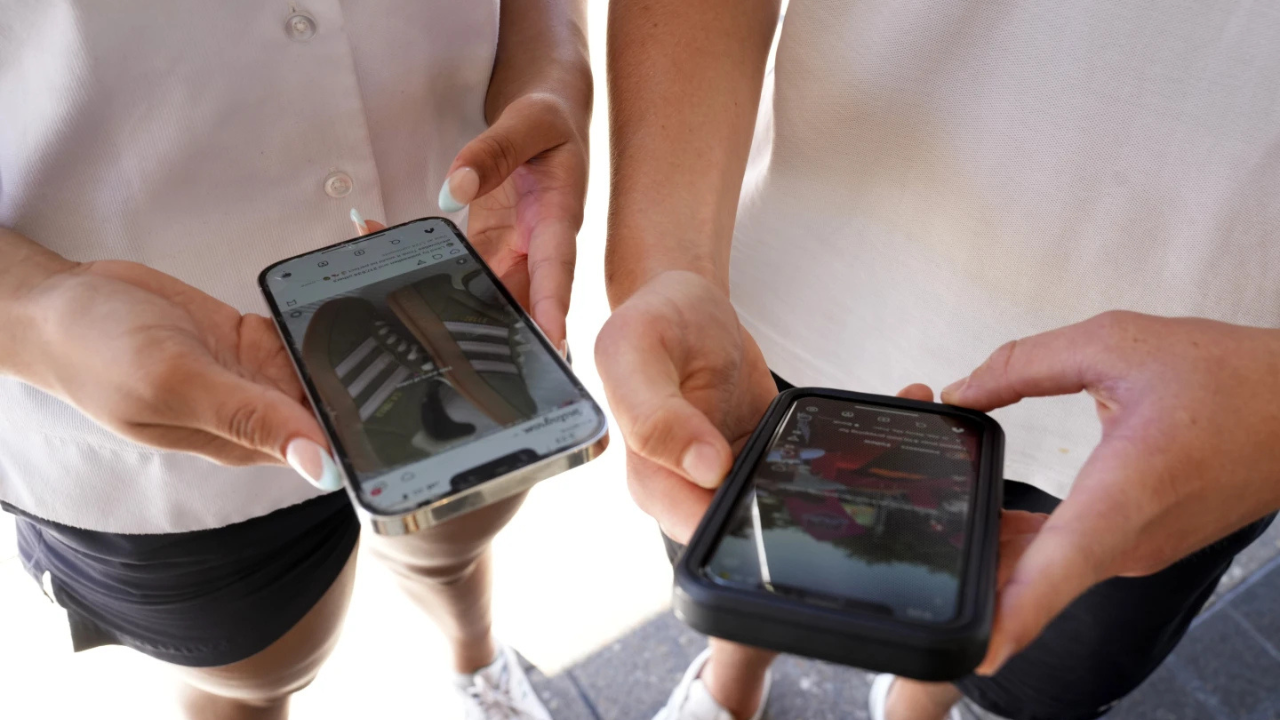ARTICLE AD BOX
FRANCE is deploying an astonishing 30,000 more cops to calm down political unrest after the National Rally’s first-round victory last Sunday.
The move comes after hundreds of left-wing protesters flooded the streets and clashed with cops in Paris on June 30, as France‘s far-right party could now be on the brink of power.
 Getty
Getty Getty
Getty Getty
Getty Getty
Getty Rex
RexIt is hoped that the higher police presence, which includes armed units, will counter further violence on streets of the capital.
According to Le Figaro, minister Gérald Darmanin said they will put the 30,000 across the country, including 5,000 in the capital and the Paris suburbs.
Protesters last Sunday set off fireworks and flares in response to RN’s first-round victory in the first round of France‘s snap parliamentary election, which seems to have backfired for Macron.
The results led to a deluge of demonstrators taking to the streets of Paris, which will host the Olympics in just a few weeks.
Dozens of protesters also scaled the Place de la Republique, a square, as police and firefighters attempted to squash tensions.
Cops unleashed tear gas while firefighters tried to put out blazes.
Dramatic pictures showed fires raging and shop windows smashed.
Le Parisien reported that a Renaissance party activist was attacked so badly their jaw was broken.
The Macron supporter was out hanging up campaign posters in Parisian suburbs at around 8pm when violence erupted.
They were campaigning with minister Prisca Thévenot and MP Virginie Lanlo, and one other Renaissance party activist.
A mob of around ten suddenly emerged and four or five of the thugs attacked some of the group in Meudon-la-Forêt, Hauts-de-Seine.
Le Parisien said: “Virginie Lanlo and one of her activists were then allegedly hit with a scooter. Both are at Percy Hospital in Clamart.”
Lanlo suffered a wound on her arm and the activist broke her jaw, while Thévenot said she was left unharmed by the attackers.
The deployment of more cops hopes to alleviate cross-party tensions.
Last week, Le Pen addressed cheering supporters in her northern constituency of Henin-Beaumont.
She said: “Democracy has spoken and the French have put the RN and its allies at the top, practically wiping out the Macron camp.”
Le Pen added that people clearly want to “turn the page after seven years of scornful and corrosive rule” and asked people to vote for the RN again next Sunday in the second round.
“We need an absolute majority so that [RN President] Jordan Bardella can be appointed prime minister in a week’s time,” she continued.
While the RN leads, the left-wing alliance New Popular Front came second, leaving Macron’s centrist coalition in third place.
This Sunday, on July 7, France will return to the polls to cast their final vote – deciding the fate of the EU’s second biggest economy.
After Sunday’s result, the modern republic is just one step from electing its first ever far-right government since World War Two.
This is when Philippe Pétain and his prime minister Pierre Laval headed the Vichy regime that collaborated with the Nazis.
At least 289 are needed for an absolute majority in the National Assembly, France‘s lower house of parliament.
How do French elections work?
THE French public choose their president and MPs in separate elections – unlike in the UK where the country’s leader, the PM, is determined by which party has a majority in parliament.
There are 577 seats – and constituencies – in France’s National Assembly.
For an absolute majority in government a party would need 289 seats.
France’s parliamentary elections are made up of two rounds, with the first kicking out anyone who fails to win 12.5% of votes in their area.
If any candidates get more than 50% of the vote in their area, and at least a quarter of the local voter pool turns out to cast their ballot, they win a seat automatically.
This doesn’t happen very often, but RN thinks this time it could happen in dozens of seats.
The second round, for any seats which candidates do not win outright, is then a series of knock-outs fought either by two, three or sometimes four candidates.
Some candidates may drop out before the second round on July 7 to give their allies a better chance over another candidate in a three or four-way race.
French leaders are urging candidates and voters to act tactically to stop the far-right surge.
But polling shows voters may be unwilling to vote tactically and to form the so-called “Republican Front” – a united movement to block for the National Rally.
A poll by Odoxa found that only 41 per cent of voters were willing to vote to block the RN – while some 47 per cent would vote to stop NFP or some 44 per cent to stop Together.
 AFP
AFP Rex
Rex AFP
AFP
.png)
 4 months ago
5
4 months ago
5








 English (US)
English (US)